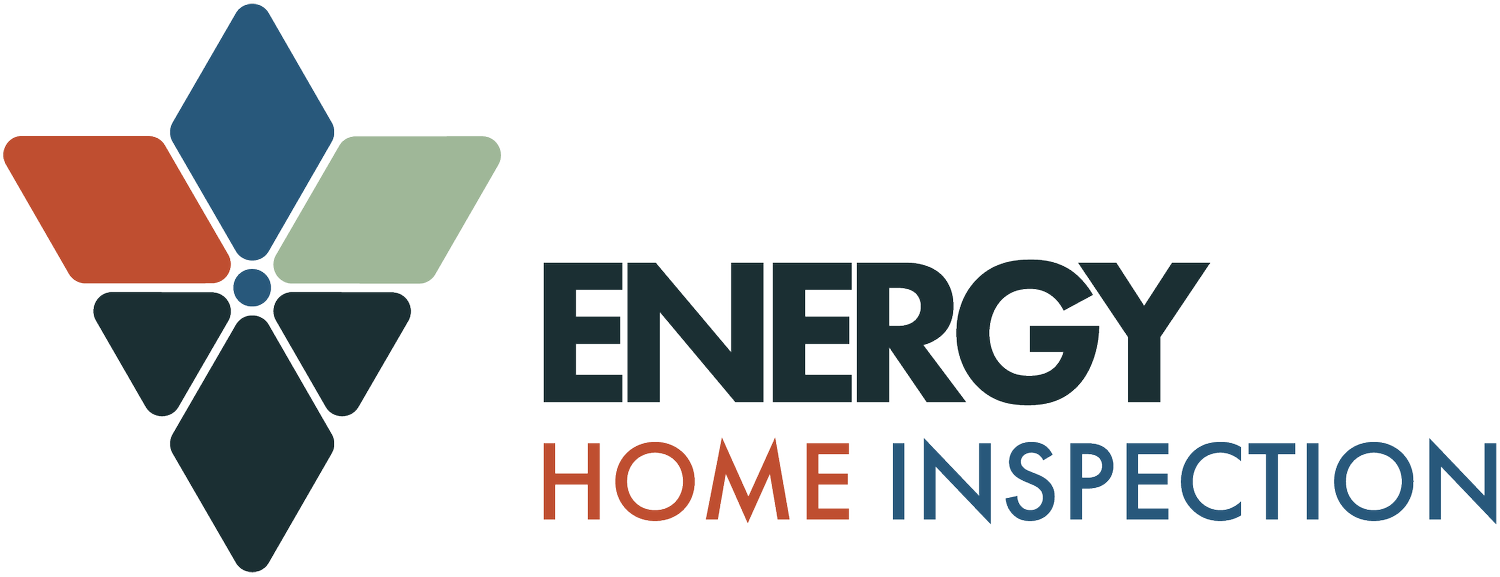A Guide to Home ENergy Rebate Programs under the Inflation Reduction Act
In recent years, energy costs have been on the rise, impacting household budgets across the nation. To combat this, the Federal Inflation Reduction Act has introduced several programs to help homeowners manage their energy expenses effectively. This guide will provide homeowners with essential information on these programs and offer practical tips on how to maximize energy savings while complying with the Act's provisions.
Under the Federal Inflation Reduction Act, homeowners can take advantage of tax credits, incentives, and rebates aimed at making energy-efficient improvements to their homes. These improvements can include upgrading insulation, sealing cracks and gaps, installing energy-efficient HVAC systems, and adopting renewable energy sources.
Key Points to Consider:
Identify Eligibility: Determine if you qualify for the incentives and tax credits provided under the Act. Eligibility criteria may vary, so it's essential to check your specific circumstances.
Conduct an Energy Audit: Start by assessing your home's current energy consumption and identifying areas that need improvement. An energy audit can help pinpoint energy inefficiencies.
Invest in Energy-Efficient Upgrades: Use the available financial incentives to invest in energy-efficient upgrades for your home. These upgrades not only reduce your energy bills but also contribute to a greener environment.
Stay Informed: Keep abreast of the latest updates and changes to the Federal Inflation Reduction Act. Regulations may evolve over time, affecting the available benefits.
Professional Assistance: Consider consulting with a building science consultant or energy auditor to ensure your home improvements align with the Act's requirements and maximize your energy savings.
By actively participating in energy-saving programs under the Federal Inflation Reduction Act, homeowners can not only reduce their energy expenses but also contribute to the overall reduction of greenhouse gas emissions. It's a win-win situation for both your wallet and the environment.
Remember to consult with your tax advisor or financial expert for personalized advice on how to make the most of the available incentives and tax credits.

